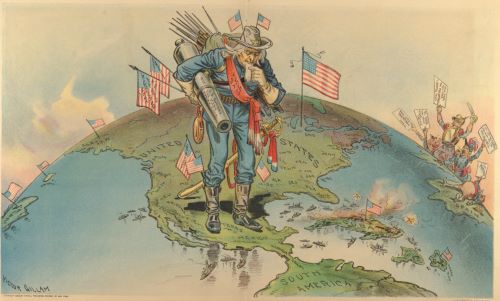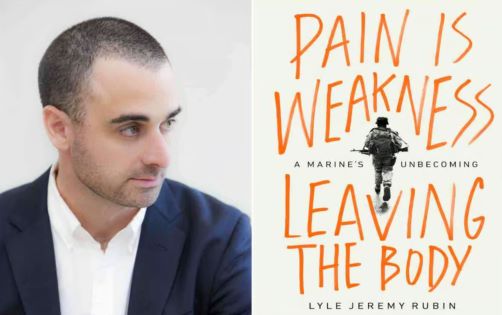

Describing a “journey from a willing tool of empire to a self-conscious critic.”
By Daniel Steinmetz-Jenkins
When Lyle Jeremy Rubin enlisted in the United States Marine Corps in the mid-2000s, he possessed an unwavering commitment to America’s democratizing mission. As a young man, he was attracted to the neoconservative wing of the Republican Party and believed in the War on Terror as a moral project. In his own words, he embraced “the inevitability of capitalism, the primacy of the United States and the naturalness of a special relationship between the U.S. and the Jewish state.” And his decision to join the Marines was inseparable from a strict code of manhood that military service would bolster.
Yet by the time he left the Marines in 2011, after having served in Afghanistan, Rubin’s thought underwent a radical ideological reversal. His experience in the Marines forced him to reckon with the violent realities of American military imperialism, his own masculine excesses, and the racial and class hierarchies of the US military machine. Rubin’s new memoir, Pain Is Weakness Leaving the Body: A Marine’s Unbecoming, explains how he became a defender turned dissenter of the American empire.

The Nation spoke with Rubin about the cultural and political influences on his early thought, what role they played in his decision to join the Marines, and the key events during his time as a soldier that turned him into a critic of the military and caused him to reevaluate his political commitments.
READ ENTIRE ARTICLE AT THE NATION


